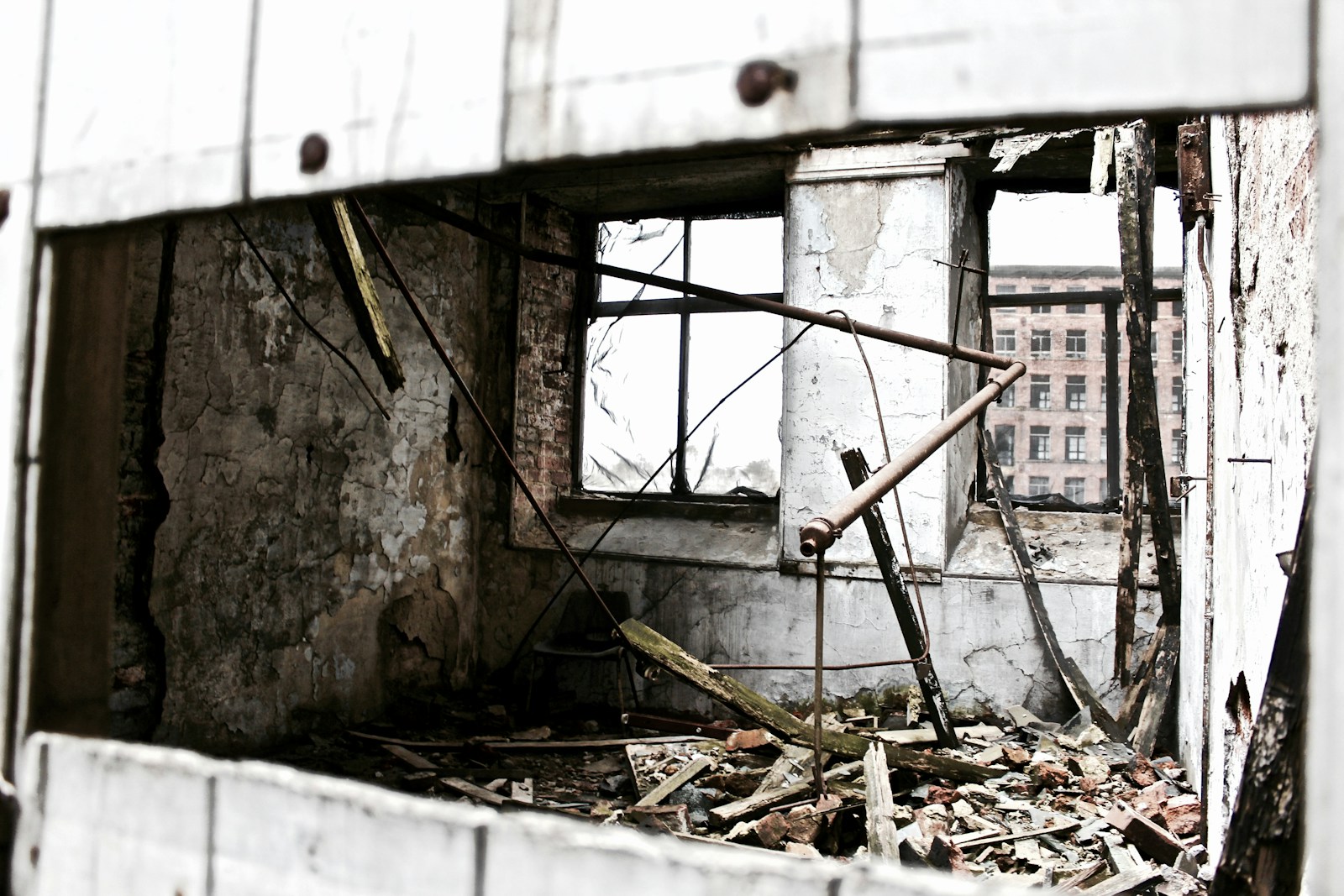
留下
liú xià

remain
In Chinese, '留下' is used to represent the idea of something remaining or staying behind. It can be used to express that a person or object stays in a place. It is frequently used in both casual and formal contexts.
Example sentences using: 留下
不要忘记留下你的联系方式。
Búyào wàngjì liúxià nǐ de liánxì fāngshì.

Don't forget to leave your contact information.
In this sentence, '留下' means leaving something behind, specifically contact information in this context.
请在此处留下你的签名。
Qǐng zài cǐ chǔ liú xià nǐ de qiānmíng.

Please leave your signature here.
In this context, '留下' means 'to leave behind', specifically referring to a signature in this case.
留下一份份你的笑容。
Liúxià yī fèn fèn nǐ de xiào róng.

Leave behind your smiles one by one.
This sentence is likely referring to taking photos to preserve memories of someone's 'smiles'. '留下' here means to 'leave behind' or 'preserve'.
他决定留下一封遗书。
Tā juédìng liúxià yī fēng yí shū.

He decided to leave a suicide note.
In this instance, '留下' is used to express the action of 'leaving behind', notably a suicide note.
他们在这里留下了很多美好的回忆。
Tāmen zài zhèlǐ liúxiàle hěnduō měihǎo de huíyì.

They left many wonderful memories here.
In this example, '留下' is used to show the action of 'leaving behind', in this case referring to memories.
留下一段无法忘记的历史。
Liúxià yīduàn wúfǎ wàngjì de lìshǐ.

Leaving an unforgettable period of history.
In this context, '留下' denotes 'leaving behind', here referring to a period of history.
留下你的梦想,让它绽放。
Liúxià nǐ de mèngxiǎng, ràng tā zhànfàng.

Leave your dreams and let them bloom.
In this sentence, '留下' could express the idea of allowing one's dreams to remain and flourish.
我留下了一道好看的夕阳。
Wǒ liúxiàle yī dào hǎokàn de xīyáng.

I left a nice sunset view.
Here, '留下' means to leave behind, in this scenario, it's a beautiful sunset view that is left behind.
留下你在这里的足迹。
Liúxià nǐ zài zhèlǐ de zújì.

Leave your footprints here.
In this sentence, '留下' means 'leave behind'', in this context, it's referring to leaving footprints behind.
只有时间会留下真实的答案。
Zhǐyǒu shíjiān huì liúxià zhēnshí de dá'àn.

Only time will leave the real answer.
In this sentence, '留下' is used to express the act of leaving something behind, in this case, it's referring to a 'real answer'.